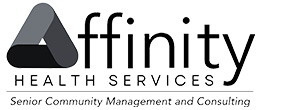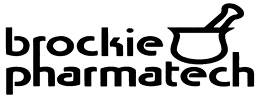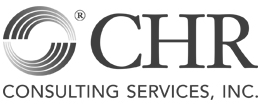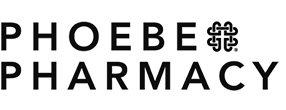News
Latest articles and more
Have a Question?
Call or email us with any questions you might have.
CEO/President
Candace McMullen
(814) 617-1435
cmcmullen@padona.com
Directed in Service & Continuing Education
Sophie Campbell
(724) 601-7873
scampbell@padona.com
Membership
LuAnn White
(814) 599-3717
luann@padona.com
News
- Respiratory Virus Outbreak Toolkit Upate
- Quality Measures User’s Manual (v17.0) issued by the Centers for Medicare and Medicaid Services (CMS)
- Medicare Program; Prospective Payment System and Consolidated Billing for Skilled Nursing Facilities; Updates to the Quality Reporting Program for Federal Fiscal Year 2026
Free Consultation
Whether you are interested in becoming a member, exhibitor, sponsor, scholarship recipient, etc, we will answer all of your questions. Lets schedule your free consultation.





